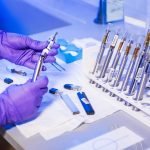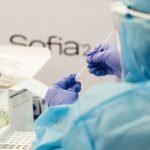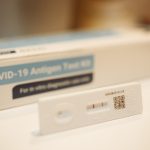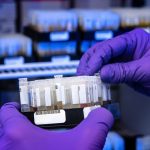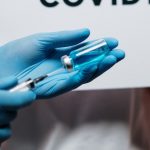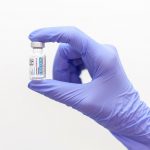Long COVID affects 23% of patients and symptoms may last months
Scientists from the University of Southern California found that 23% of people infected with COVID will become "long haulers," and identifies predictors of who...
Is e-cigarette a healthier choice for smokers? Not necessarily
Some studies have suggested electronic cigarette, or EC, use may be a healthier alternative to cigarette smoking.
A University of California, Riverside, study shows this...
This test can detect COVID-19 infection and severity very fast
In a recent study from George Washington University, scientists developed a blood test that quickly detects if someone has COVID-19 and predicts how severely...
These people 5 times more likely to get COVID-19
In a recent study from Clalit Health Services, scientists found after people have recovered from COVID-19, getting at least one dose of a vaccine...
Don’t use these two drugs for mild COVID-19, WHO says
Scientists from WHO suggest that the antidepressant drug fluvoxamine and the gout drug colchicine are not recommended for patients with mild or moderate COVID-19.
This...
Big differences between mild and severe COVID-19
In a recent study from La Jolla Institute for Immunology, researchers found big differences between mild vs. severe COVID-19 cases.
They found that people with...
33% of older COVID survivors develop new diseases after infection
Scientists found almost a third (32 of every 100) of older adults infected with COVID-19 developed at least one new condition in the months...
Why some people have lower COVID-19 infection from omicron
Since the beginning of the COVID-19 pandemic, SARS-CoV-2 has continued to evolve, with new variants of concern (VoCs) spreading rapidly.
omicron has become the dominant...
This antibody treatment could lower death risk in severe COVID-19
Scientists from Duke University found a monoclonal antibody treatment taken by patients hospitalized with COVID-19 did not improve recovery time but did reduce deaths.
The...
COVID-19 vaccines could protect your life regardless of body weight
Scientists from the University of Oxford found that COVID vaccination could protect people regardless of their body weights.
The research is published in The Lancet...


